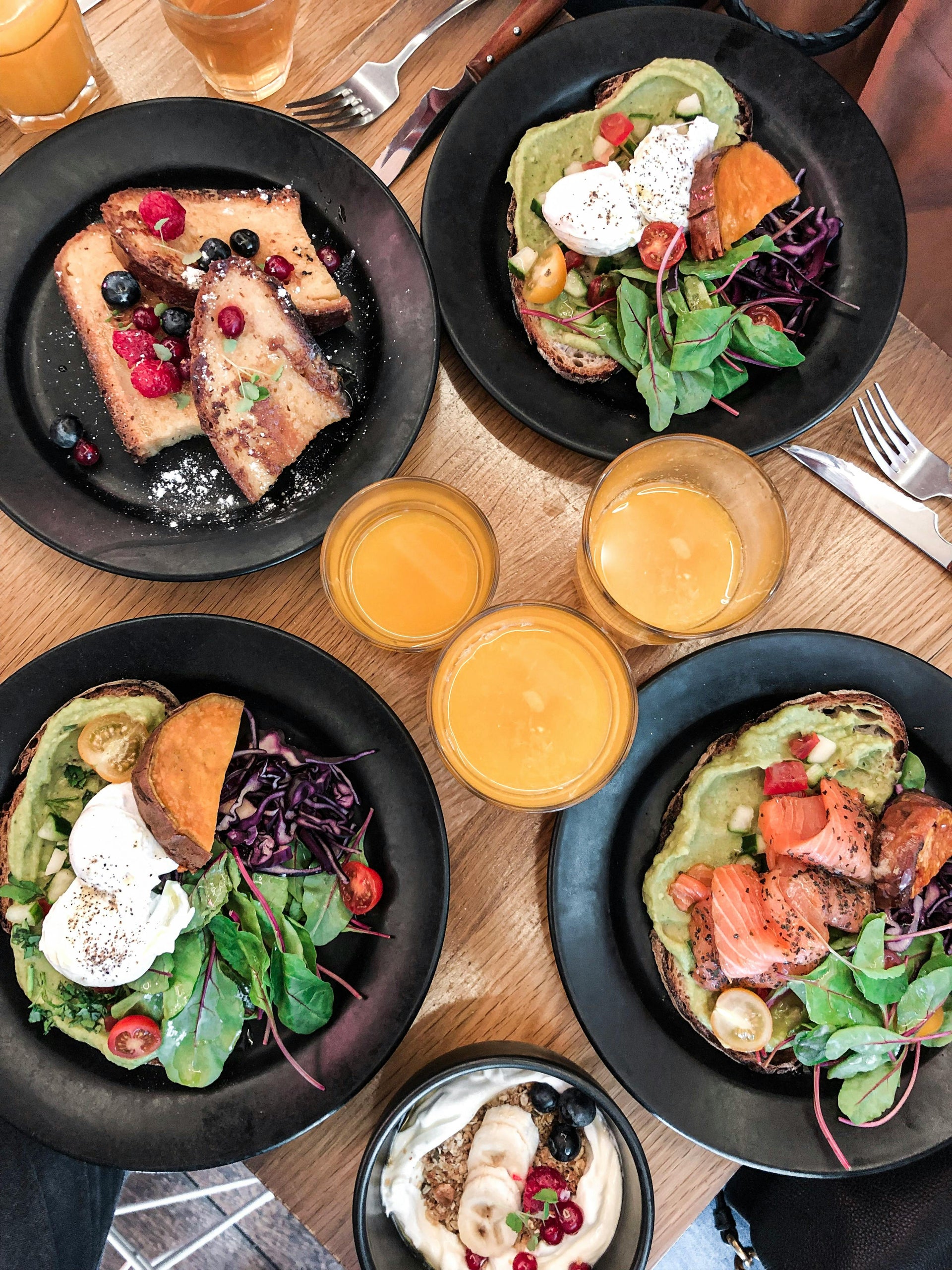
Mood Boosting Foods: The Science Behind Nutritional Psychiatry
Feeling down? Discover how certain foods can lift your mood and improve your mental health.
Have you ever noticed a change in mood based on the food you eat? Our diet has a profound impact on our mental well-being. Emerging research in the field of nutritional psychiatry highlights how certain foods can positively influence our mood. By understanding the connection between what we eat and how we feel, we can make better dietary choices to enhance our mental health.
Science Behind Nutritional Psychiatry
Nutritional psychiatry is an emerging field that explores the relationship between diet and mental health. Researchers have found that certain nutrients in foods can affect brain function and emotional regulation. Diets rich in fruits, vegetables, whole grains, lean proteins, and healthy fats can reduce the risk of mental health disorders and improve overall well-being.
What's Happening in Your Body: The Gut-Brain Connection
The gut-brain connection plays a crucial role in mood regulation. The gut microbiome, a complex community of microorganisms living in the digestive tract, communicates with the brain through the vagus nerve and the production of neurotransmitters like serotonin and dopamine. A healthy gut microbiome can lead to improved mood and cognitive function, while an imbalance can contribute to mental health issues.
Incorporating Mood-Boosting Foods Into Your Diet
- Fatty Fish: Rich in omega-3 fatty acids, fatty fish like salmon, mackerel, and sardines can improve brain function and reduce symptoms of depression.
- How to Incorporate: Aim for two servings of fatty fish per week.
- Dark Chocolate: Contains antioxidants and compounds that enhance mood by increasing serotonin levels.
- How to Incorporate: Enjoy a small piece of dark chocolate (70% cocoa or higher) as a daily treat.
- Fermented Foods: Foods like yogurt, kefir, sauerkraut, and kimchi support a healthy gut microbiome, which in turn affects mood regulation.
- How to Incorporate: Include a serving of fermented foods in your daily diet. Add kimchi to your rice bowls or have a cup of yogurt with breakfast.
- Berries: Packed with antioxidants, berries like blueberries, strawberries, and raspberries help reduce inflammation and protect brain function.
- How to Incorporate: Add a handful of berries to your morning cereal, smoothies, or enjoy them as a snack.
- Nuts and Seeds: Almonds, walnuts, flaxseeds, and chia seeds are rich in omega-3 fatty acids, magnesium, and other mood-boosting nutrients.
- How to Incorporate: Sprinkle nuts and seeds on your salads, yogurt, or enjoy them as a snack.
- Leafy Greens: Spinach, kale, and Swiss chard are high in folate, a nutrient that supports serotonin production.
- How to Incorporate: Add leafy greens to your smoothies, salads, and stir-fries.
- Whole Grains: Foods like oats, quinoa, and brown rice provide a steady release of energy and support brain health.
- How to Incorporate: Choose whole grains over refined grains. Enjoy oatmeal for breakfast or quinoa as a side dish.
- Legumes: Beans, lentils, and chickpeas are excellent sources of protein and fiber, which support a healthy gut and brain.
- How to Incorporate: Add legumes to your soups, stews, and salads.
By incorporating these mood-boosting foods into your diet, you can support your mental health and overall well-being. Small changes in your eating habits can lead to significant improvements in how you feel.
Conclusion
Understanding the connection between diet and mental health can empower you to make healthier food choices that support your mood and emotional well-being. By embracing the principles of nutritional psychiatry, you can enhance your mental health one meal at a time. Start incorporating these mood-boosting foods into your diet today and experience the benefits for yourself.

